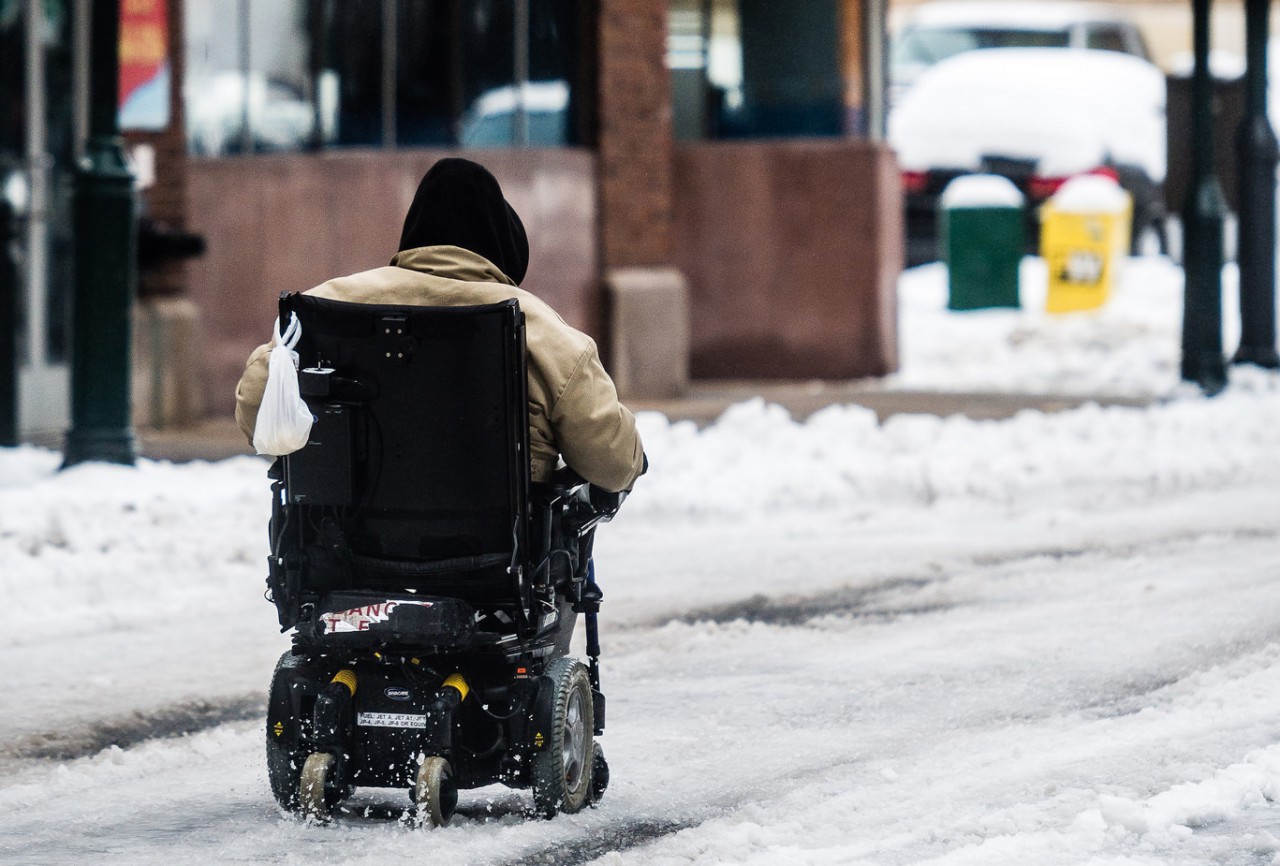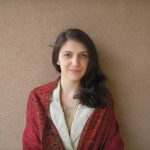
Toilets, bathrooms, buses, stairs – all of these present obstacles for people with disabilities who are living in Bosnia and Herzegovina.
“There are steps outside of every building that pose an insurmountable obstacle for someone in a wheelchair or on crutches. At the University Clinical Center in Banja Luka, neither the toilets nor the bathrooms are adapted for people with disabilities, not to mention the fact that deaf people don’t have a sign language interpreter at their disposal in important state institutions,” says Borislav Boban Đurić, the executive director of the Coalition of Health Care Organizations of BiH.
Đurić is himself disabled, which has come as a result of inadequate treatment for a rare disease he has called hemophilia B. In addition, doctors infected him with hepatitis C “by mistake”, which he fought for a long time, but has managed to overcome. It has all cost him a lot, both financially and mentally, he says. And when asked how he feels when he goes to an institution that isn’t accessible to the disabled, he responds: “Ugly and powerless.”
“One of my worst experiences was when I entered the public library in Mrkonjić Grad. I slipped on the slick tiles and had to spend months in the hospital due to injuries to my ligaments. I also slipped and fell in the “Manja” pastry shop in Banja Luka once and broke my leg. Simply put, very little attention is being paid to the needs of people with disabilities. No one cares, and no one is held responsible. The state has done almost nothing to protect us,” says Đurić.
Đurić, who is also the president of the youth organization “The Center” in Mrkonjić Grad, additionally believes that schools and universities are unprepared and ill-equipped to meet the needs of disabled students. “One should not even begin wasting words on the conditions in the education system, because absolutely nothing is adapted for people with disabilities,” he states.
Single mother T.M. is on her own when it comes to dealing with her daughter’s education. She explains how she used to accompany her daughter to primary school: “I guided her, drove her, and carried her until she finished primary school. She didn’t get to enroll in the high school of her choice. Some schools didn’t want her because she was in a wheelchair, others just didn’t have the capacity to accommodate a child in a wheelchair. The only place she was welcome was at the Vladimir Nazor Center in Sarajevo.”
There are many challenges faced by BiH’s disabled persons when it comes to the inaccessibility of public spaces and institutions, but the hardships don’t stop there. People living with disabilities who live in their own homes also struggle with tasks and situations that many of us take for granted, such as the ability to shovel snow from our walkways in the winter, for example. Salih S. finds life exceedingly difficult during the winter time and explains: “In the winter, only the main roads are cleared. My house is 200 meters from the main road. What use is the driveway and the disabled access I’ve made to the house if no one clears it?”
The “Zagrljaj” (“Hug”) Association for Helping Children and Persons with Disabilities emphasizes that people with disabilities are the most vulnerable group in our society and, as such, are often marginalized. The disabled community has spent years fighting for the rights of its members and many people often turn to NGOs for help and support because they feel that the NGO community accepts them the way they are.
Rozeta lives on the fifth floor of a building with no elevator. Since her husband died, she has had to fend for herself. “I have no children and the family members who would normally be able to help me live far away. I don’t find it unreasonable that I don’t want to be placed in a care facility. I just want to spend the rest of my days here, where I’ve lived most of my life. In my own home. The ones that are helping me are the members of the Zagrljaj Association as well as a few good people who visit me from time to time, but they are the only ones,” she says.
“People with disabilities are just like everyone else. They need love, respect, and the right to education, employment, and a family life. All the things that are an integral part of life. Instead, our state treats these individuals like beggars who are supposed to be satisfied with the few breadcrumbs that those in power throw them in the name of “charity”,” Đurić concludes.
The Balkan Diskurs Youth Correspondent Program is made possible by funding from the Robert Bosch Stiftung and the National Endowment for Democracy (NED).







